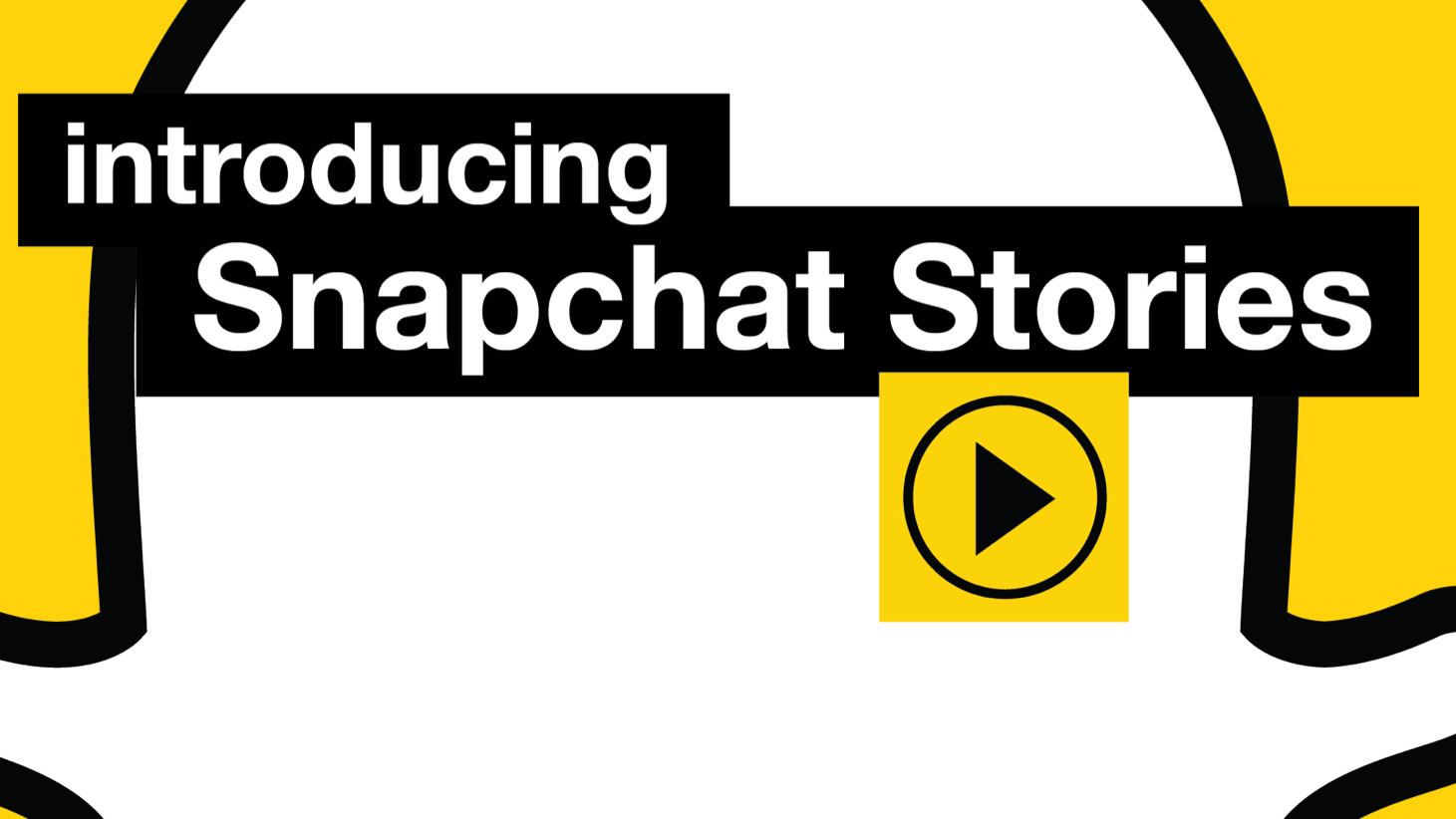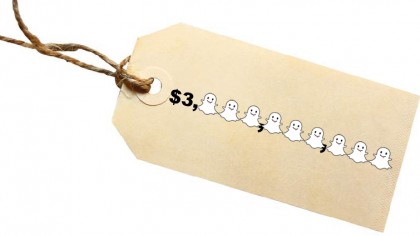Forget Facebook: why teens are turning to other social apps
Selfies, Snapchat and the problem with parents

Sign up for breaking news, reviews, opinion, top tech deals, and more.
You are now subscribed
Your newsletter sign-up was successful
In early November, it was announced that photo sharing service Snapchat had turned down a Facebook buyout worth a staggering $3 billion. Many observers thought that $3 billion was an incredible sum and a massive overvaluation of the social service. But many more had a simpler question: what the hell was Snapchat?
Snapchat is what Facebook used to be: the hip young kid on the block. As Facebook's early adopters age, their offspring increasingly want social spaces of their own.
Facebook famously began as a college social network, but these days it caters for an older age group. The biggest growth in usage is among salt-and-pepper-haired baby boomers, and the early adopters have long since grown up, settled down and filled everybody's News Feeds with photos of their kids.
Teens are still important to Facebook. ComScore reckons around one-fifth of Facebook's British users are aged between 15 to 24, while the Pew American Life Project reports that 77% of online teens use the site.
But it seems that Facebook may be becoming less important to teens who may have profiles but who do their networking elsewhere.
Facebook's getting older
In October, Facebook's Chief Financial Officer reported that Facebook was seeing a significant decline in the daily usage of its younger teen users - a remark that gave investors a heart attack.
Piper Jaffray's semi-annual survey of teens would have given them a few more. A year ago 42% of teens told researchers that Facebook was their most important social network; six months ago that had fallen to 33%, and now it's 23%.
Sign up for breaking news, reviews, opinion, top tech deals, and more.
Teens are still networking, it's just that increasingly they don't do it where their parents, all their peers and the odd potential employer can see them.
While the grown-ups share baby photos, inspirational quotes and urban myths on Facebook, younger users are waxing lyrical on WhatsApp, kicking back on Kik and sharing selfies on Snapchat.
Snapchat is often characterised as the social network for sexting, but the appeal is more nuanced than that
That's partly because for many teens, Facebook missed the mobile boat. Teens are a phone-first demographic, not PC-first like their parents, and apps such as Snapchat work brilliantly on mobile.
Facebook has since filled the gaps, first with its blatant Snapchat clone Poke in late 2012 and more recently with the updates to its standalone Facebook Messenger app. But by the time Facebook decided to take on Snapchat the newer service already had a huge audience. It shared its billionth photo in November 2012.
Teenage clicks
Snapchat is often characterised as the social network for sexting, but the appeal is more nuanced than that. The promise that what you post won't hang around forever (more or less) or fall into the wrong hands encourages fast, funny and quickly-forgotten sharing of what you're doing, thinking or watching right now.
Ephemeral sharing isn't the only attraction. Parents and older relatives don't use it. Pew Internet found that while 26% of under-30s used Snapchat, the numbers of over-30s were negligible - and until recently it's largely flown under the radar, so there was little danger of parents attempting to connect with or follow their children on it.

As a result Snapchat has seen explosive growth, and in November it reported daily sharing of more than 400 million images.
That's more than Facebook and Instagram combined, and the average Snapchat user now sends more snaps than SMS.
App appreciation
That's impressive, but it's nothing compared to WhatsApp. By June of this year it was processing 27 billion messages a day.
It's the most popular messaging app in the UK, and it has more than 350 million monthly active users worldwide: that's bigger than Twitter (232 million monthly active users) and more than one-quarter of Facebook.
WeChat is doing big numbers too: while its audience is largely in China, it now has more than 100 million registered user accounts from outside China.

Contributor
Writer, broadcaster, musician and kitchen gadget obsessive Carrie Marshall has been writing about tech since 1998, contributing sage advice and odd opinions to all kinds of magazines and websites as well as writing more than twenty books. Her latest, a love letter to music titled Small Town Joy, is on sale now. She is the singer in spectacularly obscure Glaswegian rock band Unquiet Mind.